How Social Media is Changing Defamation Law
Counsel in Carroll v. Trump and Freeman v. Giuliani cases say social media apps have changed the way they litigate.
11.07.2019
After Law School Alumni nlawproud
Gourmet ice cream sandwiches, organic low-sugar energy bars, and award-winning pilsners are not your typical post-law school endeavors. But for a group of Northwestern Law alumni, taking equal parts passion and ideas — and seasoning with a legal education — made for a winning recipe.
When Curt Goldman was beginning his JD-MBA program at Northwestern Law, his younger brother Scott was playing hockey in France’s Loire Valley, learning French and visiting distilleries in his downtime.
“I went over and visited several times,” Curt says. “We struck up a great relationship with the family that owned Combier,” a distillery founded in the early 19th century that produced the world’s first triple sec.
“When my brother finished playing hockey, he came back to the States. I was finishing up law school and business school, and we were hungry to start something on our own.”
Curt, Scott, and their brother Ryan wanted to bring Combier liqueurs to U.S. consumers and formed a company in 2007 to be its sole North American marketer and distributor. Today their company, CNI Brands, has a portfolio of 32 boutique spirit and cider brands from France, Mexico, and Chile. Small distilleries produce the products and CNI imports them into the United States by boat, then connects them with their network of state-specific distributors across the country.


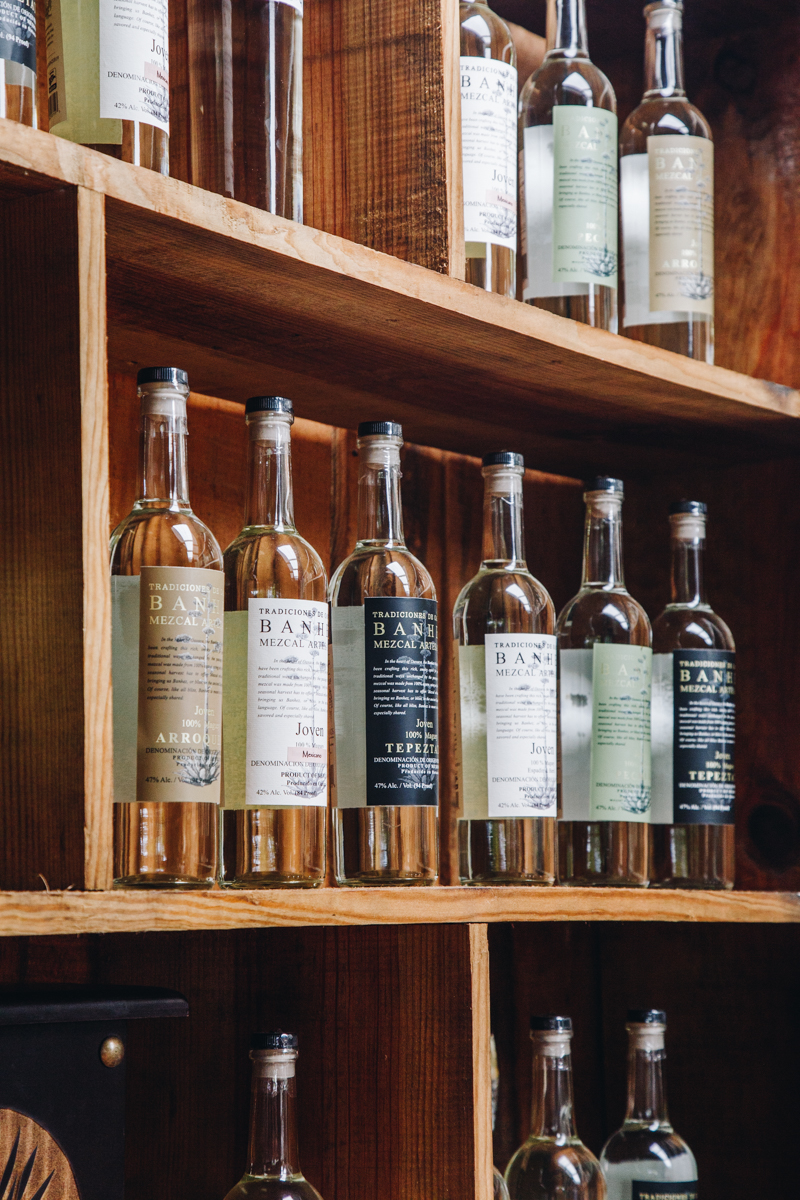
The company grew slowly at first, while Curt worked full-time as an associate at Shearman and Sterling in their mergers & acquisitions and bankruptcy & restructuring practices. “We figured I could do all the legal work and then I could leave the selling side to my brothers,” he says. “I thought it would be a good side project when I had free time from being a lawyer.”
The company became successful enough that eventually each of the brothers committed to CNI full time. Curt left his law firm job to become CNI’s CEO in 2012. “My identity here is more of a business guy, but going in having a legal foundation where you can negotiate has been great,” he says. “You can go into a roundtable and negotiate business terms of an important contract before lawyers come into the room. I think the law degree has been far and away the most valuable tool in my toolbox.”
Looking ahead, Curt says he is most excited about the growth of mezcal, an agave-based spirit usually from Oaxaca, Mexico. CNI’s Banhez Mezcal won Best Mezcal at the 2017 San Francisco World Spirits Competition. “There’s no real category leader. There’s still a lot of opportunity and we’re right now the number three or four mezcal brand in the U.S.,” he says. “It’s not dominated by big brands, so it allows consumers to organically discover brands and stories on their own.”
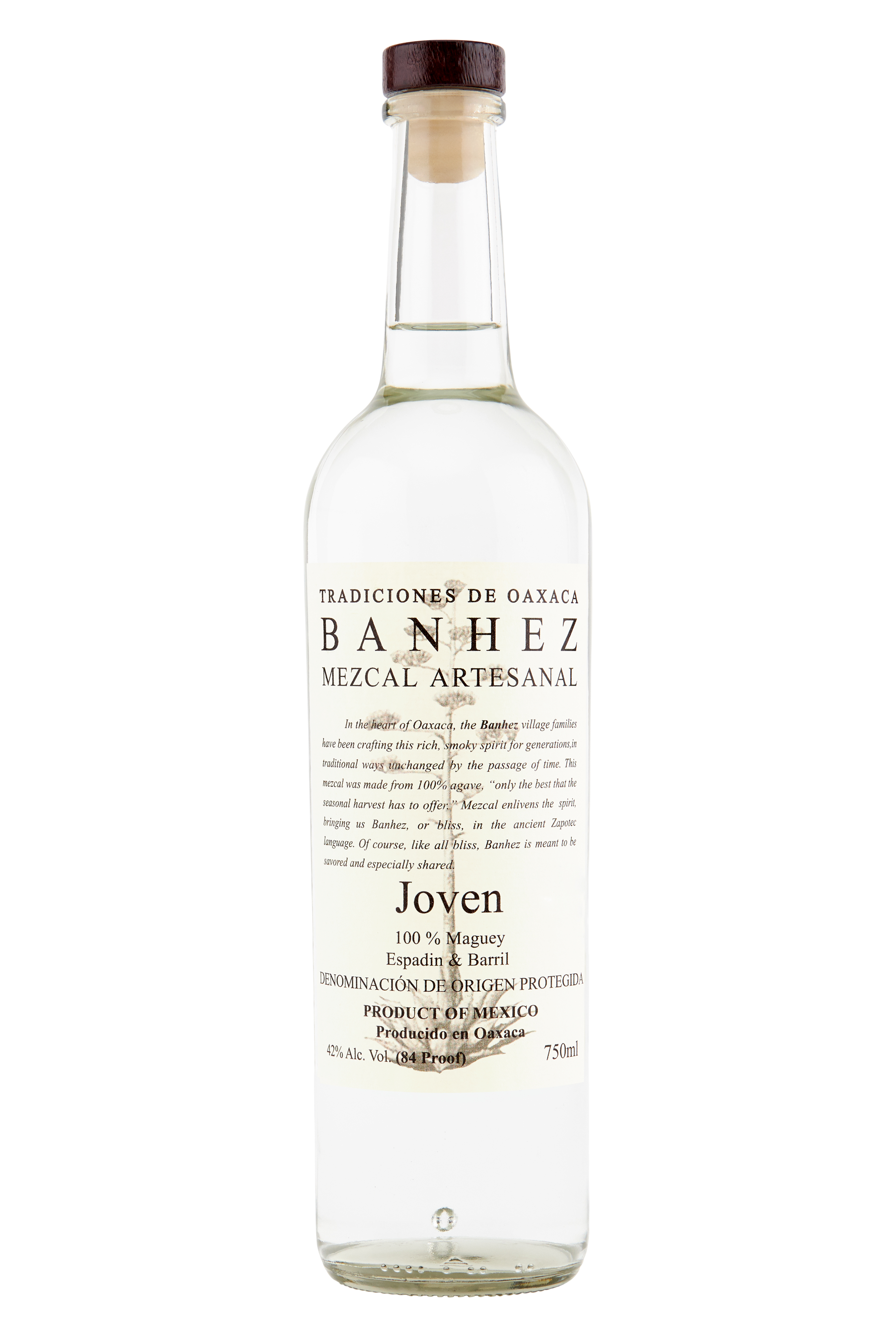
“Banhez Mezcal. It’s all done by hand and it comes from a specific place in the world that’s full of intrigue and culture.”

I’m sure a lot of my classmates remember me as the guy who had some homebrew at his parties in law school,” says Evan Sallee, who began homebrewing when he was 18 years old.
Sallee, the CEO of Fair State Brewing Cooperative in Minneapolis, didn’t start law school intending to open a brewery. But by the time he graduated, the wheels were turning.
A spring break visit to Texas during his 2L year took Sallee and his friend Niko Tonks, now Fair State Co-op’s head brewer, to the first cooperatively owned brewery in the country. “That was a light bulb moment for me,” Sallee says. “I remember hopping on my phone and researching cooperative statutes, trying to wrap my head around the cooperative entity as a real legal structure, putting my law student hat on to figure out what that meant.”
“I always say that if you’re a homebrewer, the first time you make a beer that is not really, really atrocious, everyone says you need to start a brewery,” Sallee, who founded Fair State Brewing Cooperative with two friends, says.
“We had honestly never had that in our personal game plans. We always felt that there are tons of people out there that make really good beer, and if we were going to start a business, we would need something extra that we could bring to the game. The cooperative model was that extra hook, something unique that we could bring to the market.” Fair State Co-op offers paid memberships to patrons who become what they call “Member-Owners.” Member-Owners vote on decisions facing the brewery; elect and run for the Board of Directors; receive discounts and patronage refunds, and gain access to special community events.
Sallee spent the summer before his 3L year researching the idea and decided he would move back to Minneapolis after graduation to try to make it happen. He passed the bar and began taking on contract work as a lawyer for nonprofits and government agencies while simultaneously creating a new business.

Fair State Co-op opened in September 2014 and has grown in production over 100 percent each year since. In 2015, Ratebeer.com named Fair State one of its Top Ten New Brewers in the World and in 2016, they outgrew the Minneapolis production facility where their taproom is located and expanded to a much larger production facility in St. Paul. Today, their beer is sold in 10 states, as well as Canada and Japan.
Sallee says his legal education comes into play in both small and very big ways. “In the day-to-day, it’s a useful skill to have.
It’s a heavily regulated industry, so it’s extremely helpful to have that background and the know-how to coordinate and communicate with government agencies and all of their representatives. Trademark is also an enormous deal in the beer space,” he says. But most importantly: “There is no way we would have gone with the cooperative model if I did not have legal training. It’s a complex structure and the way in which we have done it is unique. I do not think I would have had the confidence or even the idea to put it together. We wouldn’t be here if I did not have that foundational understanding.”
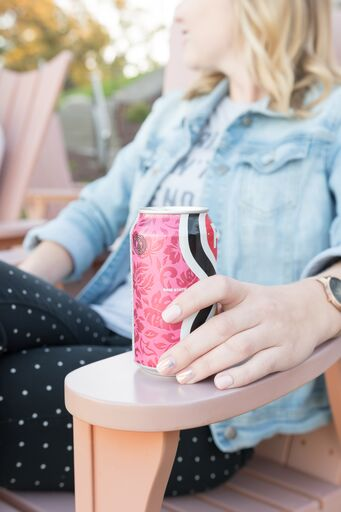
“It’s like choosing children! The beer I drink the most of is our pilsner. We do an unfiltered German Pilsner Keller Kazbek and a smoked sour barrel aged beer Lichtenhainer that I like a lot.”
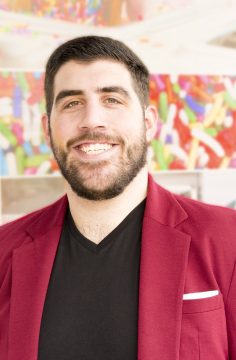
It all started with a bit of childhood ingenuity.
“When my older sister and I were kids, my mom would bake different kinds of cookies at home, her own recipes, and we would put different things between them — marshmallows, peanut butter, chocolate bars. But then one time we tried ice cream and we fell in love,” says Gus Shamieh, founder and president of CREAM (Cookies Rule Everything Around Me) ice cream shops. “It just become a staple in my house. After soccer practice, baseball practice, games, whatever, friends would want to come over and visit Mrs. Shamieh’s house for ice cream sandwiches. That’s all it ever was.”
That all changed following the economic crash of 2008. “I had just graduated high school and our family had to reevaluate what we wanted to do to be able to provide for the family. And we thought, ‘Hey, we love this dessert so much. Our family and friends love it so much. Why don’t we open a store and sell it to others?’” They opened the first CREAM location in Berkeley, California in 2010, while Shamieh was attending college in the Bay Area, and within days there were lines out the door.
With the success of the initial store, Shamieh and his family decided a franchising model made sense for expansion, a decision that ultimately led him to law school. “Franchising is an incredibly cumbersome process that requires a lot of strategic thinking, along with preparation of documents and making sure that things are established properly. As a business person, I felt like I was at a disadvantage because I wasn’t able to communicate with the lawyers at a level that I felt comfortable with in order to protect what we’d built,” he says. “Of course, our lawyers had our best interests in mind, but nobody knows your brand better than you do. So my family and I decided that it was a strategic move for me to take three years to go to one of the best law schools in the country, and I decided to do just that.”
Today, there are 26 CREAM stores across California, Colorado, and Florida. Responsible growth with the right partners has been key, as Shamieh emphasizes the company’s commitment to its four core principles: quality, affordability, customer service, and atmosphere.
“Being a young entrepreneur, I really wanted to enjoy where I worked and I wanted customers to enjoy their time there. I didn’t want it to just be a trip to the ice cream store, I wanted it to be a memory. The music would be a little louder than normal and you would see me singing and dancing behind the cash register, making jokes and having fun with the customers. I think that was key in building a loyal base when we started.”
The fun and youthful environment brings in customers, but Shamieh credits his law degree for helping him navigate business interactions as the business grows. “My legal education informs a lot of my decisions to this day and informs how I communicate with people,” he says. “Often times I’m dealing with people who have 30, 40 years of experience and as a young entrepreneur, sometimes you’re not taken seriously even though you’ve built something tangible. Having a degree behind you like a JD from Northwestern adds a level of credibility that allows you to take business relationships to a deeper level.”

“Easy. Snickerdoodle cookie with cookie dough ice cream and caramel sauce on top.”

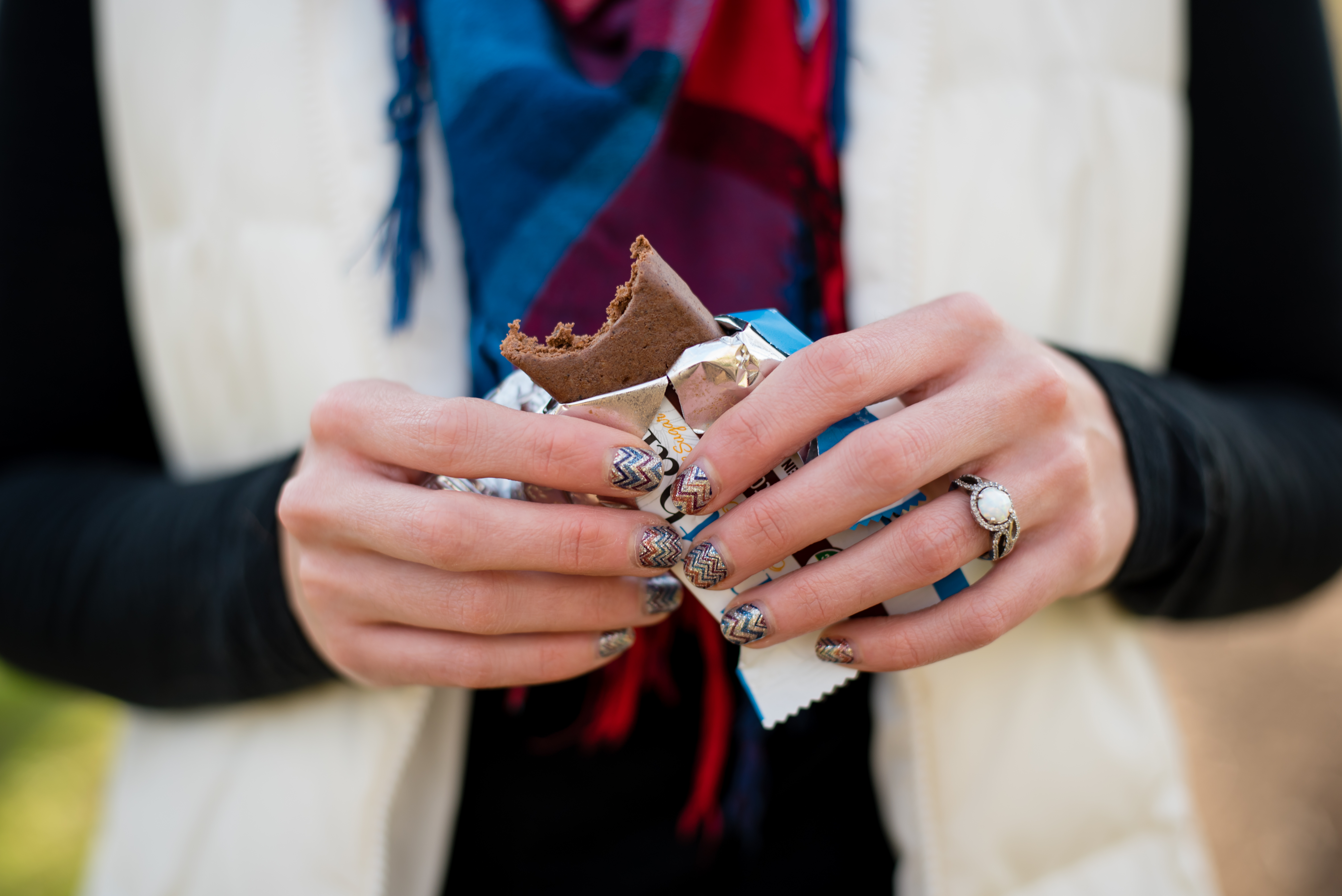

Emily Shaules was in a hurry and ran into Whole Foods to pick up a quick snack. She was in the middle of a cleanse that didn’t allow sugar, but she was sure she’d be able to find something that would work among the dozens of energy bars available.
“It’s ridiculous how many bars there are. I literally sat down in the aisle, people were stepping over me while I read every single ingredient panel, and I was not allowed to have any of them on this cleanse,” Shaules says.
“And I thought to myself, ‘Well, this is silly. I know about all these zero-glycemic sweeteners.’ I had interned at a health food retreat center, and I just thought, ‘Well, if no one else is going to do this, I will.’”
Shaules created Shift Bars, an organic energy bar with only one gram of sugar. “They’re gluten-free, they’re vegan, they have 10 grams of protein, they’re kosher, they’re non-GMO, all of that wonderful stuff as well. But the hole in the market that I wanted to fill was the combination of organic and really low sugar, because currently that’s not really in the marketplace. There are a lot of organic energy bars, but they tend to be sweetened with honey, dates, or other dried fruits, so they can have up to 15 or 20 grams of sugar in a bar. And then on the flip side, there are a lot of low-sugar bars but they tend to have a lot of chemicals.”
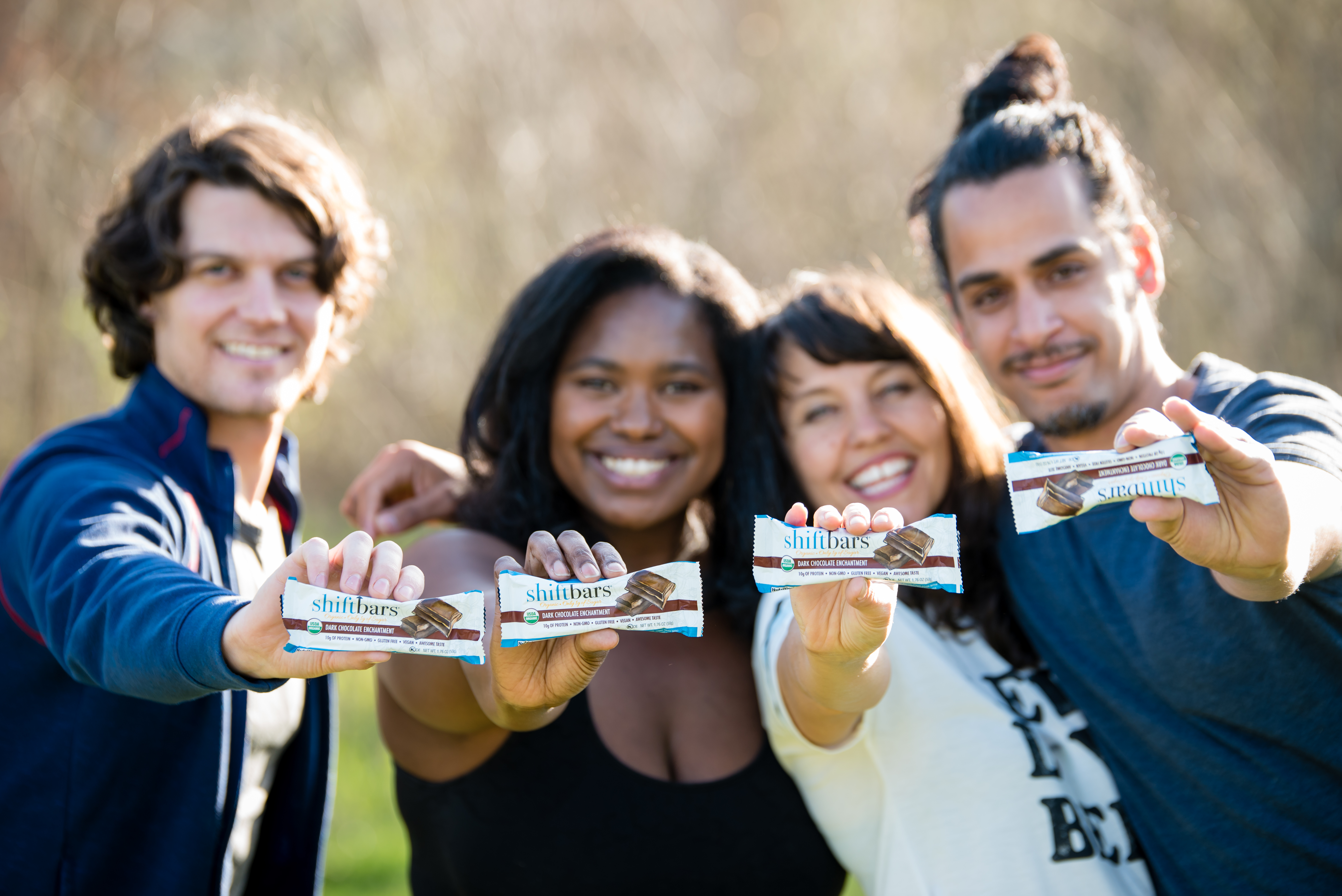
After several years of working as a labor and employment and legal aid attorney, Shaules decided a traditional legal career wasn’t the right fit for her and she went on to work as an actor and a health and wellness coach. But her legal training has become useful again as an entrepreneur.
“I know as an absolute fact that my very first seed investor would not have come on board had it not been for the law degree. He said, ‘That let me know that you weren’t just another hippie with a dream, that you could actually get stuff done,’” she says. “My experience in labor and employment specifically has been helpful. It’s very exciting for me to be able to create an employment atmosphere that creates passion in people to share their strengths and their gifts, and to be rewarded for that, instead of just kind of trying to suck out as much as I can and not give back.”
Shift Bars have been sold in 40 mom-and-pop stores in the Santa Barbara area, and a launch to full production is scheduled for the next year. Grammy-award winning singer-songwriter Jason Mraz is an early partner, and Shaules continues to seek investors as Shift Bars grows. She and her team are encouraged by the initial response.
“It just proves to me that the market is very hungry for something like this. Not only the organic and the low-sugar aspect, but we really try to take the entire person into account,” she says.
“We want people to know that we care about them, and that you don’t have to change your lifestyle overnight 100 percent in order to see results. That’s why I named the company Shift. You start shifting towards a healthier lifestyle and over time that really builds up and you start shifting more into who you really are instead of who you’ve been told to be, or what society says you should be. It’s a process, so we want to be there for people along the way.”
“Definitely Dark Chocolate Enhancement. People have told me they taste like brownie batter, and I can’t think of a higher compliment than that!”
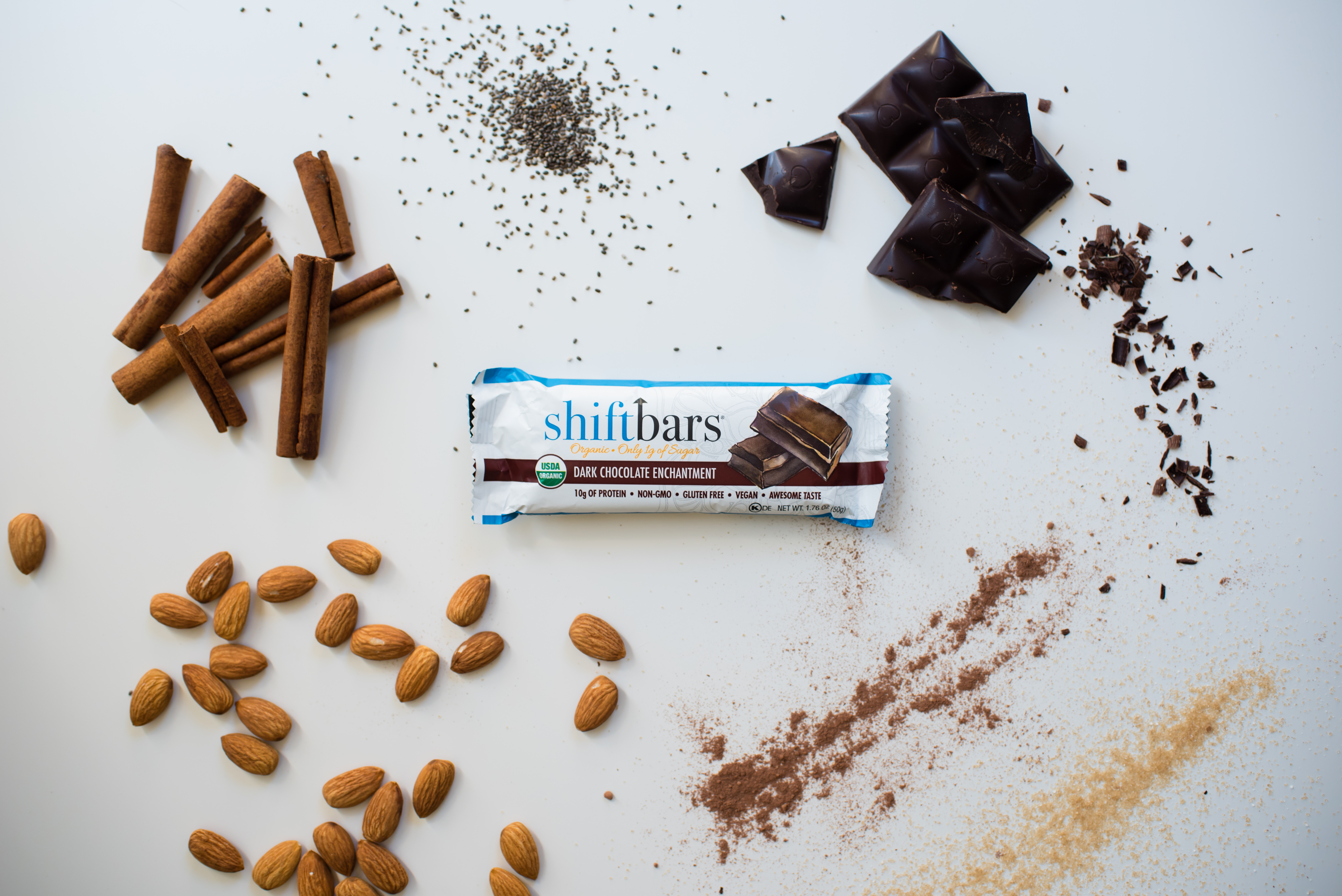
“Definitely Dark Chocolate Enhancement. People have told me they taste like brownie batter, and I can’t think of a higher compliment than that!”
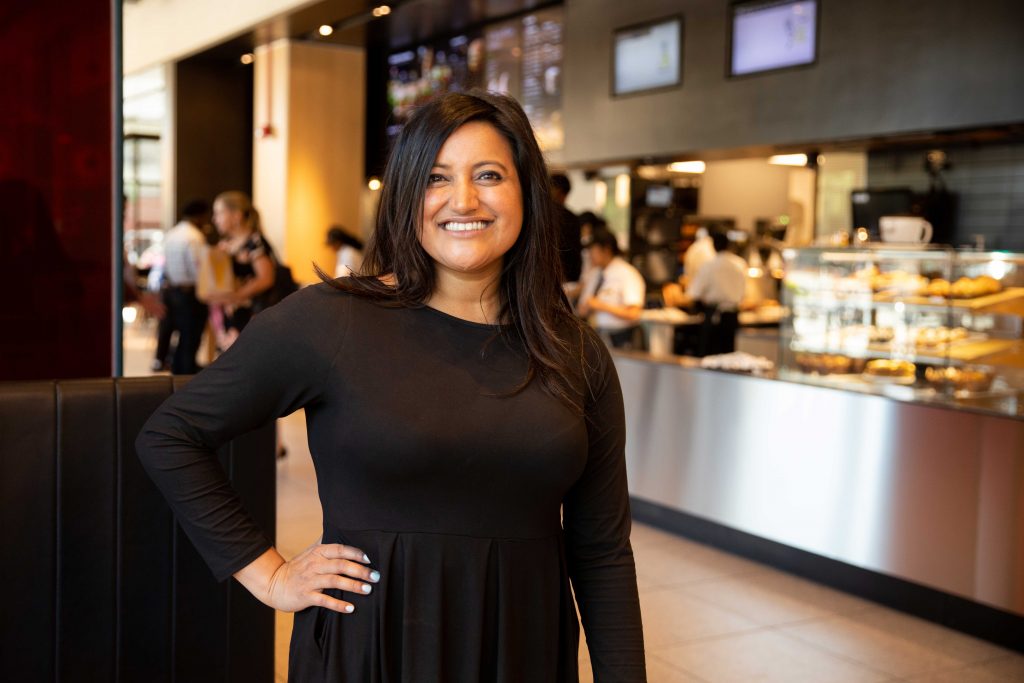
Rita Srivastava first fell in love with labor and employment law in then-professor Kim Yuracko’s Employment Law class. About a decade later, she joined the legal team at one of the largest employers in the world, McDonald’s.
Srivastava worked in the employment law group at Paul Hastings in New York prior to her 3L year and returned after graduating. After three years, she moved back to Chicago and worked in labor and employment at Morgan, Lewis & Bockius. “One of my coworkers left the labor and employment team to go in-house at McDonald’s and that’s how I was introduced to them. I really fell in love with the people and the depth and breadth of the employment work there,” she says.

Srivastava joined McDonald’s in 2016 as senior counsel in their Global Labor & Employment group.
“One piece that was surprising for me was just how kind and family-oriented the people in the legal department in McDonald’s were, which was a good surprise. It’s a big huge corporate brand but the people are so caring and interested in your professional growth and development and making sure that you bring your whole self to work.”
Working for such a large and well-known brand creates both pressure and opportunity. “With the brand recognition we have, there’s an added desire to make sure we’re being cognizant that even small issues could turn into large issues. We always want to make sure we’re protecting our brand and making sure people see us as the good employer that we believe that we are, and that we endeavor to be with all of our compliance and training,” she says. “Another piece about working for McDonald’s versus working for another company is one of our huge tenets is using our ‘scale for good,’ which permeates in the supply chain and in a bunch of other directions. And we try to make that happen in the legal space too whether it’s by helping promote the hiring of diverse attorneys or putting our force behind pro bono efforts.”
As part of her onboarding, Srivastava went through restaurant training and spent time doing different jobs at a Chicago-area McDonald’s, including working the register. Home office staff returns to work in the restaurants every year on Founder’s Day, which celebrates founder Ray Kroc’s birthday. “It’s nice and different to see a product go out that’s very tangible, and know you are helping the employees make special moments for the families and the kids who come into McDonald’s restaurants.”
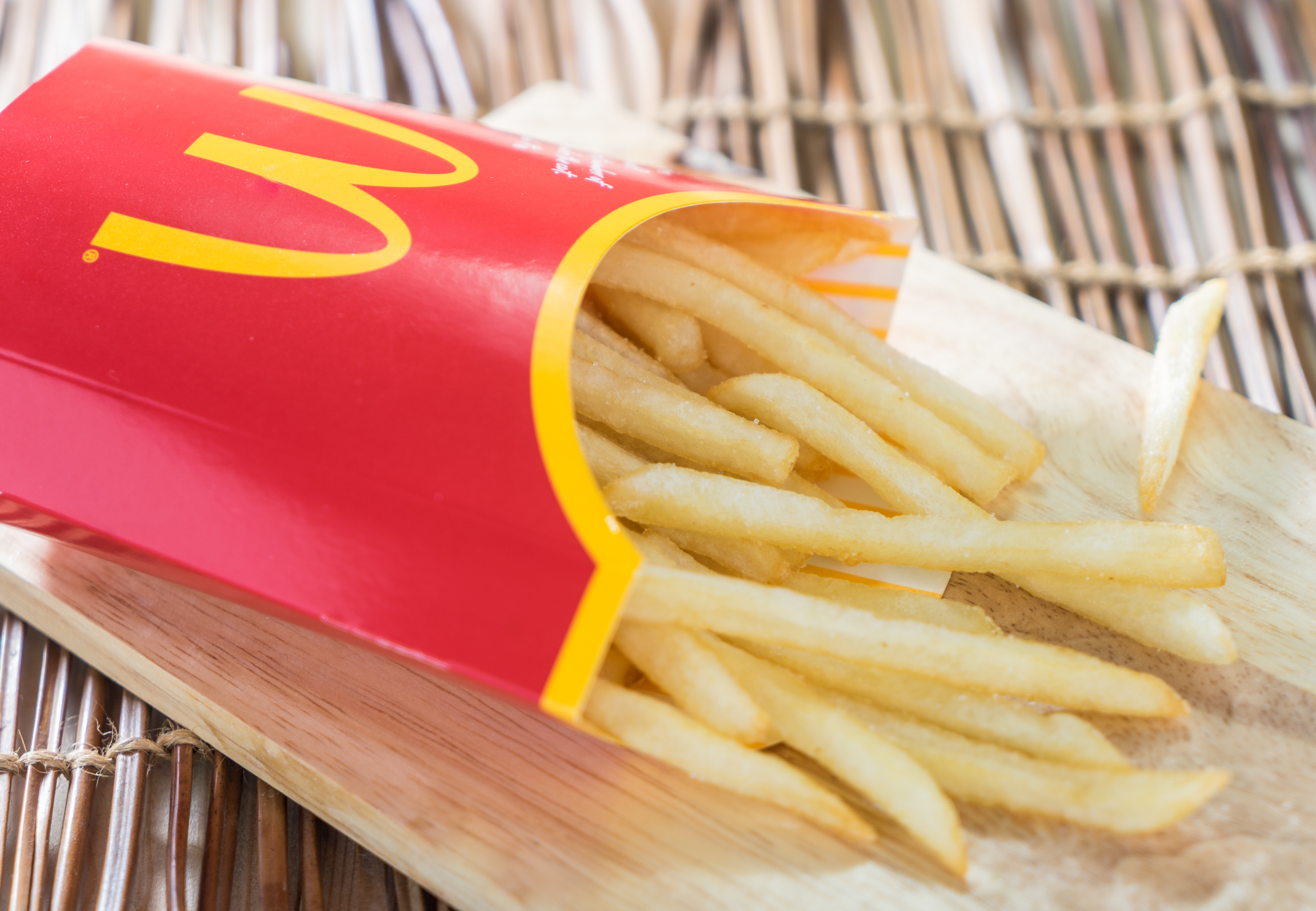
“French fries or a snack size Oreo McFlurry.”
Counsel in Carroll v. Trump and Freeman v. Giuliani cases say social media apps have changed the way they litigate.
Northwestern Pritzker School of Law has been ranked number one in Law.com’s Go-To Law Schools: Big Law report for 2024. The report ranks the 50 law schools that sent the highest percentage of ...
On February 21, 2024, President Biden nominated Georgia N. Alexakis (JD ’06) to serve as a United States District Court Judge for the Northern District of Illinois. Alexakis has been an Assistant ...